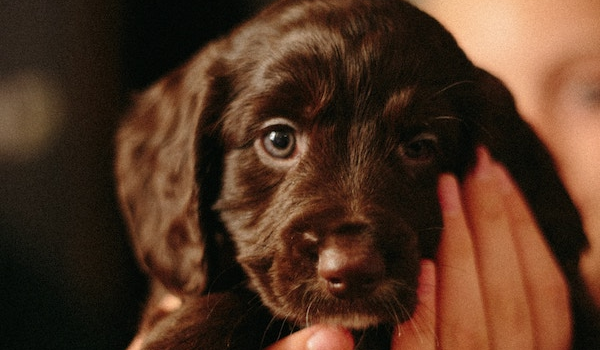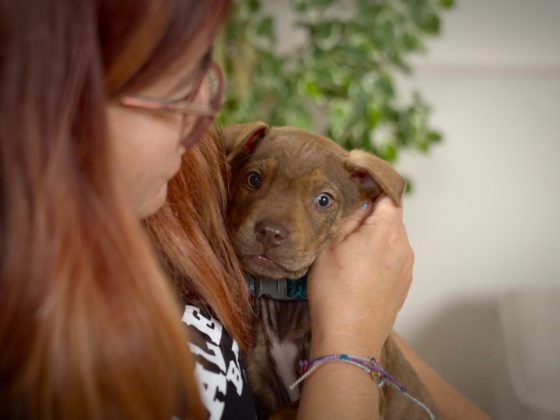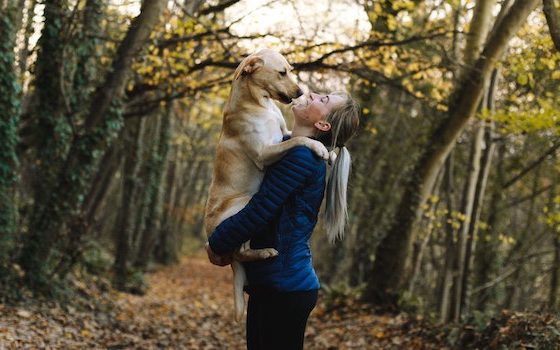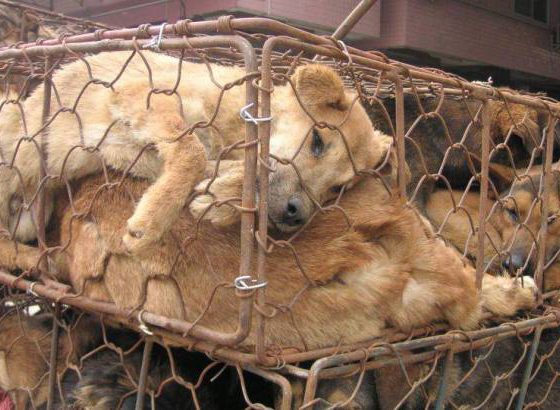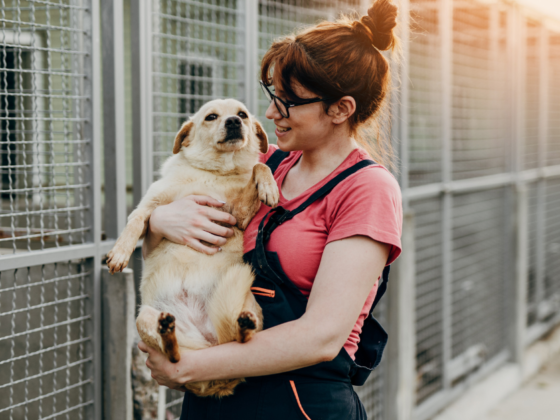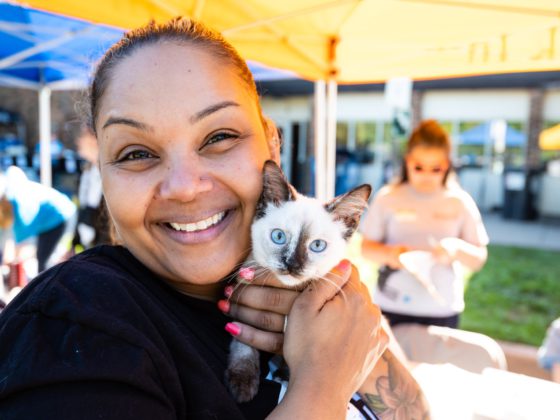A rescue dog can be many things, ‘damaged goods’ is not one of them. As a proud guardian of 3 rescue animals, I can personally tell you that where an animal comes from does not define who they are. Just like humans, animals have this wonderful ability to evolve and adapt, despite horrible past experiences.
However despite rescue efforts, there are still many misconceptions surrounding shelter or rescue animals that often drive people from the thought of adoption.
According to the ASPCA, approximately 1.5 million animals, young and old, are euthanized in shelters each year. This is primarily, if not all, due to the issue of overcrowding in shelters. All over the world, animal organizations are quickly reaching maximum capacity and are being forced to euthanize their animals in order to make space for incoming rescues and surrenders.
The issue of overcrowding has many causes, including the increase in breeding facilities and mills. However, the negative stigma associated with adopting a rescue animal also plays a major role in the crowding of shelters.
In an effort to shine some light on the truth, I’ll be exploring (and debunking) some of the most common myths that surround rescue adoption.
“I don’t know that dog’s past or what they came from! Who’s to say he won’t snap on me one day?”
It’s not wrong to feel anxious about adopting an animal you know nothing about. It’s normal to fear that which we don’t know. Due to the fact that most rescues are found on the street or surrendered with little information, their ‘full story’ is rarely something anyone knows.
However, not knowing where an animal has come from shouldn’t diminish its value as a living being. It shouldn’t make them any less deserving of love and a future.
I won’t sugarcoat it. Choosing to adopt a rescue pet can, at times, be a challenge. Especially when that animal has experienced past trauma. (See my article about the challenges I went through with my first rescue, Bentley, here). Not every rescue animal is ‘turn-key’. They’re going to require work. In most cases, behavioral and obedience training is needed. However, did you know that dogs can make a full emotional recovery in the right home, so long as they are provided with the right care and attention?
If I’ve said it once, I’ve said it one hundred times. Animals are products of their environments. They are not born aggressive or untrusting. They are made that way by the choices and actions of those around them. And they can be un-made the same way.
Which brings me to my final note on the subject of temperament: Love an animal and show them kindness, and they will love you right back.
“I want a purebred and those aren’t in the shelters.”
We’ve all heard this one before.
Many people are looking for a life-long companion, but have their hearts set on a specific and purebred. But did you know that according to Best Friends Animal Society, 25 to 30 percent of animals in shelters are actually purebreds. That’s right! There ARE purebreds in the shelter. And they’re waiting for you.
“Where are they then? I didn’t see any at my local shelter.”
Just because you can’t see something, doesn’t mean it’s not there. In fact, there are hundreds of breed-specific animal organizations across the country that save purebred animals from the shelter and work to find them loving, forever homes. Here at CUDDLY, we work with hundreds of these rescues that may just have the animal you’re looking for. Before you buy, contact us first to see if we can help.
Side note: Don’t discount ‘mutts’ or mixed-breed animals so quickly. They make excellent pets and will love you just as much as a purebred. They’ve also been shown to be more resilient to genetic disease and can be more robust when it comes to health.
“I want a puppy but there aren’t any puppies in the shelter and older dogs are harder to house-train and teach.”
This can be true, yes. Just like my grandmother, who refuses to learn how to work her iphone, older dogs can require a bit more attention when it comes to training.
The beautiful part about rescuing an animal, however, is that you get to pick the animal you adopt. Don’t want to deal with the trouble associated with training an older dog? Then don’t. There are so many young animals in shelters and rescues, despite common beliefs.
Puppies and kittens are present in shelters during all times of the year. Trust me, there is never a shortage of adorable young babies to pick from.
With that said, you shouldn’t be frightened or nervous about adopting an older fella. All dogs, regardless of age, breed, or life experience will require training to coexist with their humans. They just need guidance and perhaps a little patience. (I assure you a puppy will require the same)
“I’m going to have to spend more money on a rescue pet due to all of their issues.”
Unless you’re getting a special discount, I assure you that purchasing an animal from a breeder will be so much more expensive than adopting an animal from the shelter.
Keep in mind, too, that when purchasing an animal from a breeder, you are paying solely for the animal itself. Typically, initial veterinarian costs and treatments are not included. Whereas when you adopt an animal from the shelter, they come with all their vaccinations and sterility status’.
In summary, a rescue animal won’t have anymore medical expenses than an animal that you purchase from a breeder. If anything, they will have less.
Are you ready to change an animal’s life?
It is true that rescue animals, through no fault of their own, have had some kind of challenge in their life. Most have seen some sort of neglect or abuse or abandonment. But by saving just one, you can provide them with the gift of love and life.
Rescuing is such a beautiful act in itself, as it gives a person a chance to change an animal’s life for the better. It gives us, as humans, an opportunity to show an animal that the horrible actions of one human does not define humanity as a whole.
If you’re not ready to rescue just yet, that’s alright. You still have an opportunity to help. All around the world, there are animals that have been rescued – thankfully – but do require medical care before they are ready for adoption.
Visit our “Change A Life” page to see what animals could use your love and support.

